Hillsborough timeline: what has happened since the 1989 disaster
Government decides against introduction of a 'Hillsborough law' six years after report
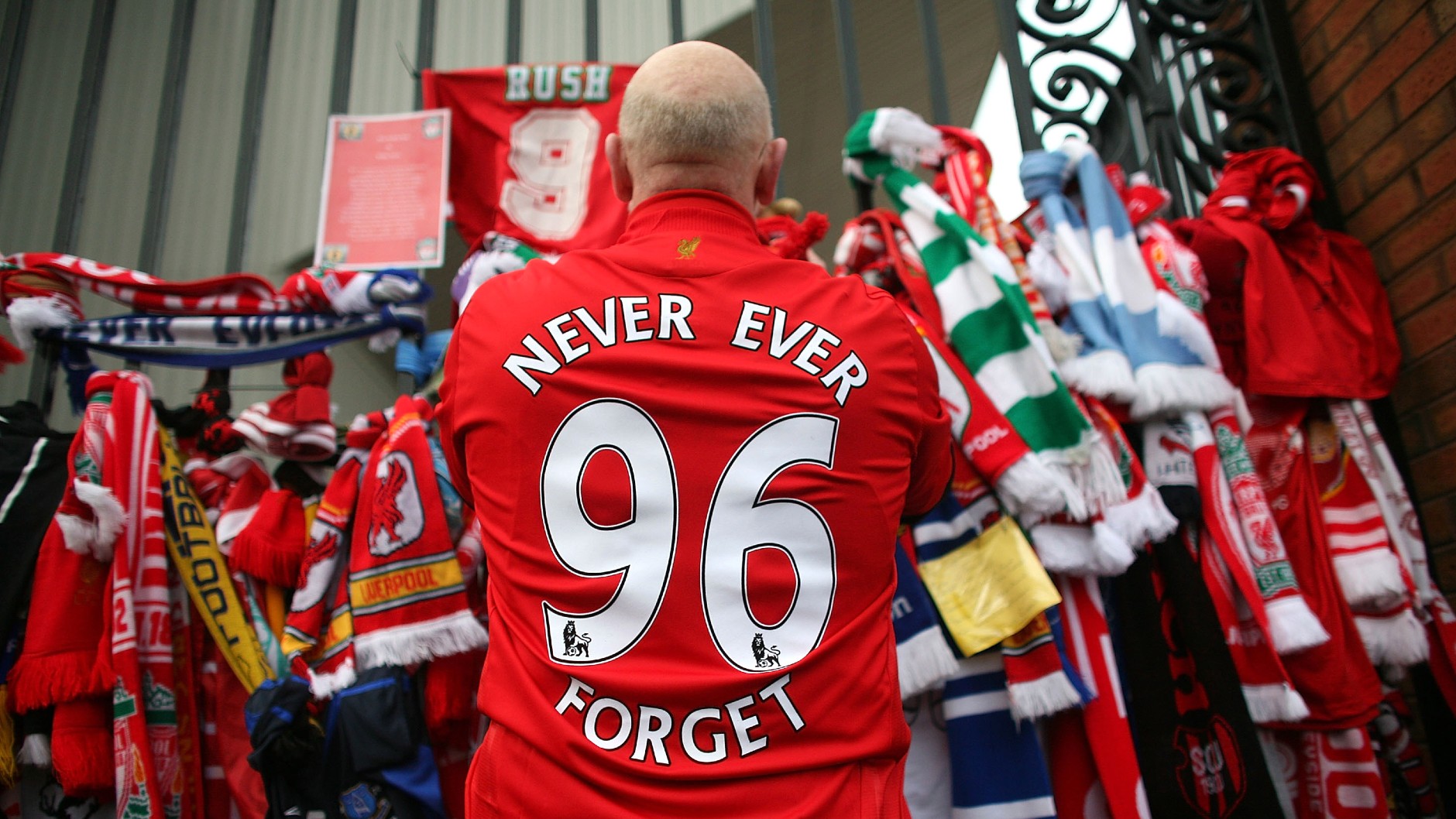
A free daily email with the biggest news stories of the day – and the best features from TheWeek.com
You are now subscribed
Your newsletter sign-up was successful
The government will not enact a "Hillsborough law" that would have enforced a "duty of candour" for police and public authorities in the wake of major incidents.
The decision came in a long-awaited response to a 2017 report that detailed the experiences of the families of the 97 victims who died in 1989 at the FA Cup semi-final between Liverpool and Nottingham Forest at the Hillsborough ground in Sheffield.
The report had urged the government to consider adopting a Hillsborough law, officially known as the Public Authority (Accountability) Bill, which would "include a legal duty of candour on public authorities and officials to tell the truth and proactively co-operate with official investigations and inquiries”.
The Week
Escape your echo chamber. Get the facts behind the news, plus analysis from multiple perspectives.

Sign up for The Week's Free Newsletters
From our morning news briefing to a weekly Good News Newsletter, get the best of The Week delivered directly to your inbox.
From our morning news briefing to a weekly Good News Newsletter, get the best of The Week delivered directly to your inbox.
But in its 75-page response, the government has "stopped short of fully committing" to the law, said Sky News. It has instead signed up to the "Hillsborough Charter", in which it pledges to commit "to a culture of honesty and transparency in public service”.
The government added that it was "not aware of any gaps in legislation" that would "further encourage a culture of candour among public servants in law". It "reiterated its support for a duty of candour", which it included in the new Criminal Justice Bill announced in the King's Speech. However, it "only covers police forces", said ITV News, and not other public services or bodies.
In response to the government's decision, Steve Rotheram, mayor of the Liverpool City Region, said that the victims' families have gone six years "without the dignity of a response" and that the "law had failed them".
Here is how events have unfolded in the 34 years since the disaster.
A free daily email with the biggest news stories of the day – and the best features from TheWeek.com
15 April 1989: Tragedy at Hillsborough
The FA Cup semi-final between Liverpool and Nottingham Forest ends in tragedy as a crush at the Leppings Lane end of Sheffield Wednesday's Hillsborough stadium leads to the death of 96 Liverpool fans, with more than 750 people injured.
Despite having a greater following than Nottingham Forest, Liverpool's supporters were allocated the smaller end of the stadium, Leppings Lane, so that their route would not bring them into contact with Forest fans arriving from the south. The entrance had a limited number of turnstiles, of which just seven were allocated to the 10,100 fans with tickets for the standing terraces.
By 2.45pm, thousands of people were pressing into the turnstiles and alongside a large exit gate. The funnel-shaped nature of the area "meant that the congestion was hard to escape for those at the front", said the BBC. The turnstiles became difficult to operate and people were starting to be crushed.
At that point, Ch Supt David Duckenfield, in charge of policing the game, gave the command to open another gate to the stadium and about 2,000 fans then made their way into the ground. But this influx caused further crushing inside the stadium, with fans at the front attempting to climb onto the pitch to safety.
Of the 96 people who were crushed, trampled or suffocated, 37 were teenagers, most still at school, many attending their first away game supporting Liverpool.
19 April 1989: 'The truth'
The Sun newspaper publishes its infamous front page with the headline "The Truth", blaming drunk Liverpool fans for the disaster and even accusing some of stealing from the dead and injured. The story prompts a boycott of the paper on Merseyside, still upheld by many today.
15 August 1989: Police to blame
Lord Justice Peter Taylor's interim report into the tragedy puts the blame on South Yorkshire Police. "Although there were other causes, the main reason for the disaster was the failure of police control," it concludes. The report also accuses Duckenfield, of "blunders of the first magnitude".
19 January 1990: The Taylor Report
The full report reinforces criticism of the police while its recommendations lead to the introduction of all-seater stadiums and the removal of perimeter fencing around grounds.
18 April 1990: Inquests begin
South Yorkshire coroner Dr Stefan Popper begins the inquest process into the deaths, but only considers events up until 3.15pm on the day of the disaster, nine minutes after the match was stopped, so the role of the emergency services after the disaster does not come under scrutiny.
14 August 1990: No prosecutions
Allan Green, the director of public prosecutions, finds there is insufficient evidence to bring criminal charges against any individual, group or corporate body.
28 March 1991: Accidental death
After the longest inquest in British history, lasting 90 days, a verdict of accidental death is returned by a majority verdict of 9-2. The ruling states that all the victims were dead by 3.15pm.
29 October 1991: Duckenfield retires
Duckenfield retires on medical grounds, suffering from depression and post-traumatic stress disorder. This halts disciplinary proceedings being brought by the Police Complaints Authority.
3 March 1993: Judicial review
Tony Bland, 22, dies after being taken off life support, pushing the death toll up to 96. Meanwhile, the families of six victims appeal for a judicial review application to quash the inquest verdict. It is rejected by Lord Justice McCowan in the divisional court.
5 December 1996: Hillsborough the TV movie
As the families continue to campaign, ITV screens a drama about the disaster written by Jimmy McGovern. It fuels calls for a new inquiry and is later awarded a Bafta.
30 June 1997: The review
The new Labour government orders a review of the evidence by Lord Justice Stuart-Smith. But despite it finding that police evidence to the Taylor inquiry had been doctored, home secretary Jack Straw rules out a new inquiry.
August 1998: Private prosecutions
The Hillsborough Family Support Group mounts a private prosecution of Duckenfield and his deputy, superintendent Bernard Murray, for manslaughter. In July 2000, Murray is acquitted after a six-week trial. The jury fails to reach a verdict on Duckenfield.
15 April 2009: 'Justice for the 96'
Labour MP Andy Burnham's address to the 20th anniversary memorial service is interrupted by chants of "Justice for the 96". Amid growing calls for transparency, the Hillsborough Independent Panel is set up.
12 September 2012: Hillsborough Independent Panel report
After three years reviewing 450,000 documents, including those relating to former prime minister Margaret Thatcher and Merseyside Police, the Hillsborough Independent Panel publishes its report and exposes the police campaign to blame Liverpool fans. It leads to a new criminal inquiry into the disaster and an investigation by the Independent Police Complaints Commission. Former Sun editor Kelvin MacKenzie apologises for the paper's 1989 front page.
19 December 2012: Inquest verdicts quashed
The High Court quashes the accidental death verdicts and new inquests are ordered. A Hillsborough charity music single, a version of "He Ain't Heavy He's My Brother", is confirmed as Christmas Number One days later.
31 March 2014: New inquests begin
High Court judge Lord Goldring chairs the new inquests in Warrington, which last more than two years and becomes the longest jury case in British legal history.
26 April 2016: Unlawful killing
The inquest jury finds that Hillsborough's 96 victims were unlawfully killed and that Liverpool fans were not responsible for the disaster. The inquest blames police decisions and the layout of the stadium for the deaths. It also prompts calls for criminal action.
1 November 2017: The Jones Review
The Home Office publishes a review by Bishop James Jones, titled "The Patronising Disposition of Unaccountable Power". It contains 25 "points of learning", including the proposal of a "Charter for Families Bereaved through Public Tragedy", publicly funded legal representation for bereaved families at inquests where public bodies are legally represented, and the establishment of a "duty of candour" for police officers.
21 August 2018: Police chief charges dropped
Sir Norman Bettison, the former police chief constable accused of blaming fans for the disaster, has all four criminal charges against him dropped. He was initially accused of telling lies about the "culpability of fans" and his role in the event, reported the BBC.
The Crown Prosecution Service says changes in the evidence of two witnesses and the death of a third meant that there was "no longer a realistic prospect of conviction".
3 April 2019: Trials
After a six-week long trial, Duckenfield is acquitted of the gross negligence manslaughter of 95 Liverpool fans, a charge he denied.
Graham Mackrell, Sheffield Wednesday’s secretary and safety officer in 1989, was, however, found guilty of failing to take reasonable care of Liverpool supporters' safety, by allocating only seven turnstiles for the 10,100 people. He was the first person to be found guilty of a criminal offence in relation to Hillsborough and was fined £6,500.
27 July 2021: 97th victim
Andrew Devine, a Liverpool fan who suffered life-changing injuries at Hillsborough, dies aged 55. The coroner ruled that he was unlawfully killed, making him the 97th victim of the disaster.
6 December 2023: No 'Hillsborough law'
After six years of waiting, the government responds to the 2017 Jones report, but says it will not enact the proposed law. Rishi Sunak promises to "improve support for the bereaved in the aftermath of a public disaster and how we expect public bodies to act".
Richard Windsor is a freelance writer for The Week Digital. He began his journalism career writing about politics and sport while studying at the University of Southampton. He then worked across various football publications before specialising in cycling for almost nine years, covering major races including the Tour de France and interviewing some of the sport’s top riders. He led Cycling Weekly’s digital platforms as editor for seven of those years, helping to transform the publication into the UK’s largest cycling website. He now works as a freelance writer, editor and consultant.
-
 Political cartoons for February 15
Political cartoons for February 15Cartoons Sunday's political cartoons include political ventriloquism, Europe in the middle, and more
-
 The broken water companies failing England and Wales
The broken water companies failing England and WalesExplainer With rising bills, deteriorating river health and a lack of investment, regulators face an uphill battle to stabilise the industry
-
 A thrilling foodie city in northern Japan
A thrilling foodie city in northern JapanThe Week Recommends The food scene here is ‘unspoilt’ and ‘fun’
-
 The 9 best steroid-free players who should be in the Baseball Hall of Fame
The 9 best steroid-free players who should be in the Baseball Hall of Famein depth These athletes’ exploits were both real and spectacular
-
 History-making moments of Super Bowl halftime shows past
History-making moments of Super Bowl halftime shows pastin depth From Prince to Gloria Estefan, the shows have been filled with memorable events
-
 Indiana beats Miami for college football title
Indiana beats Miami for college football titleSpeed Read The victory completed Indiana’s unbeaten season
-
 Who is to blame for Maccabi Tel Aviv fan-ban blunder?
Who is to blame for Maccabi Tel Aviv fan-ban blunder?Today’s Big Question MPs call for resignation of West Midlands Police chief constable over ‘dodgy’ justification of ban from Aston Villa match, but role of Birmingham Safety Advisory Group also under scrutiny
-
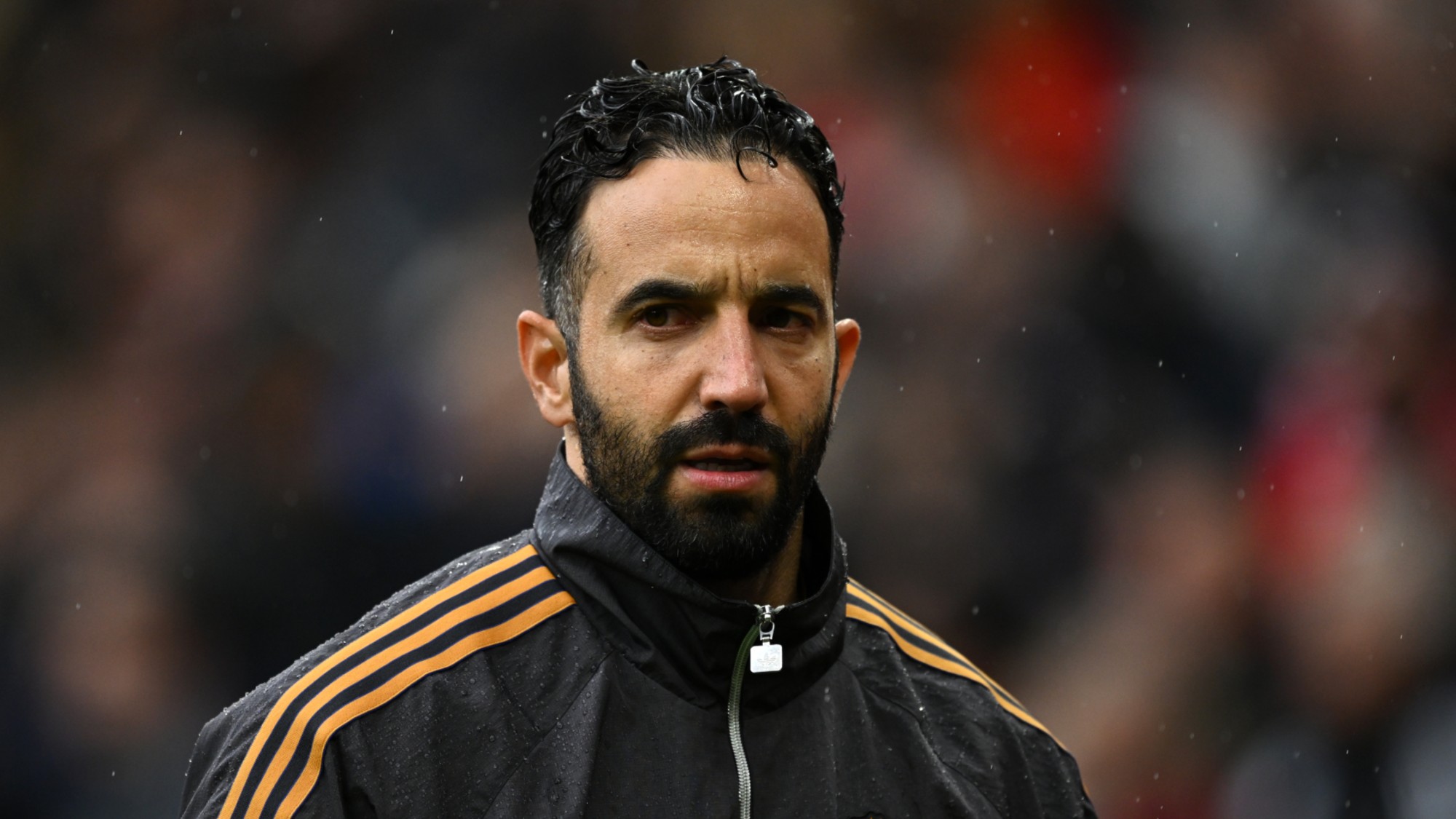 Amorim follows Maresca out of Premier League after ‘awful’ season
Amorim follows Maresca out of Premier League after ‘awful’ seasonIn the Spotlight Manchester United head coach sacked after dismal results and outburst against leadership, echoing comments by Chelsea boss when he quit last week
-
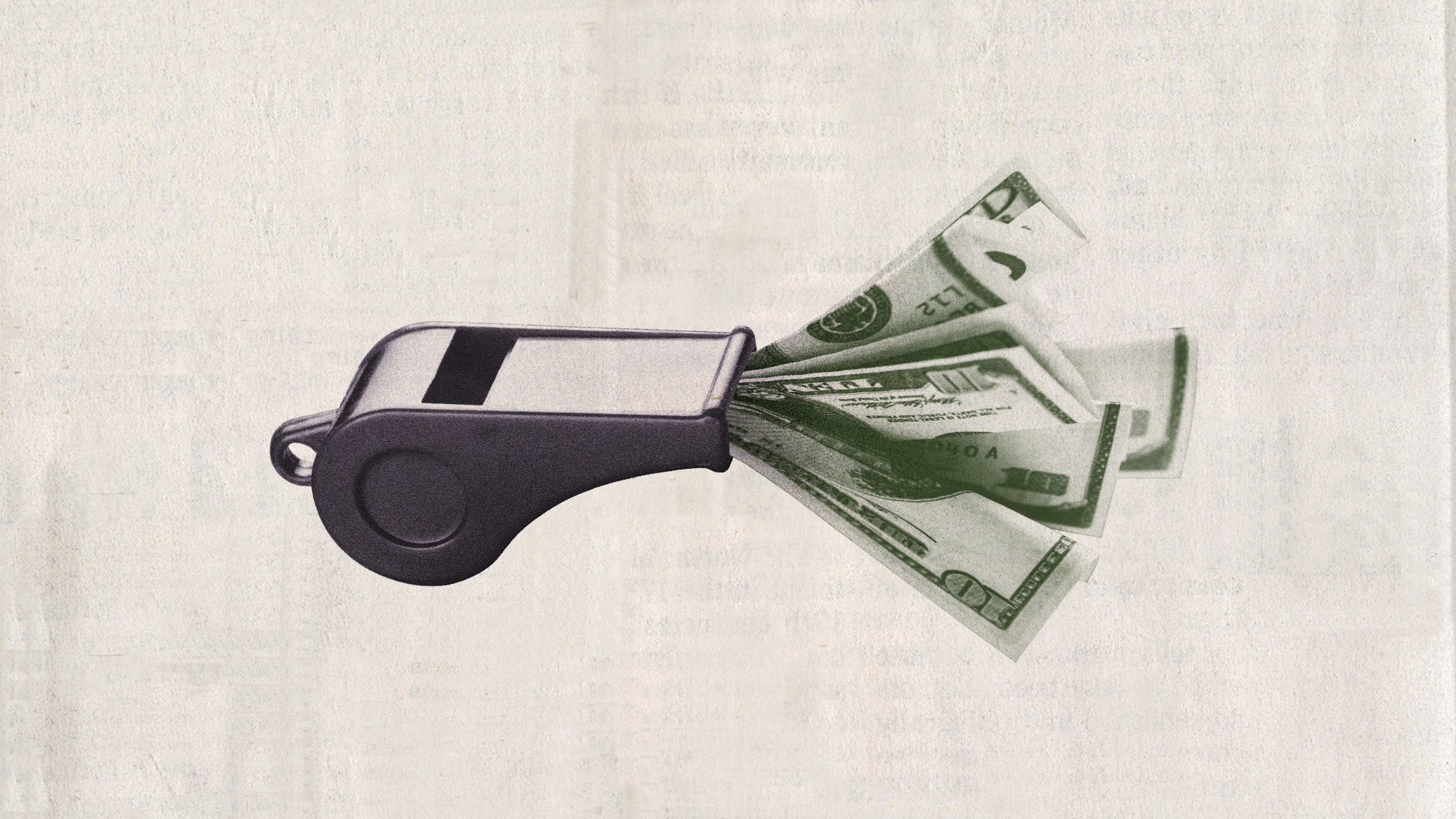 Coaches’ salary buyouts are generating questions for colleges
Coaches’ salary buyouts are generating questions for collegesUnder the Radar ‘The math doesn’t seem to math,’ one expert said
-
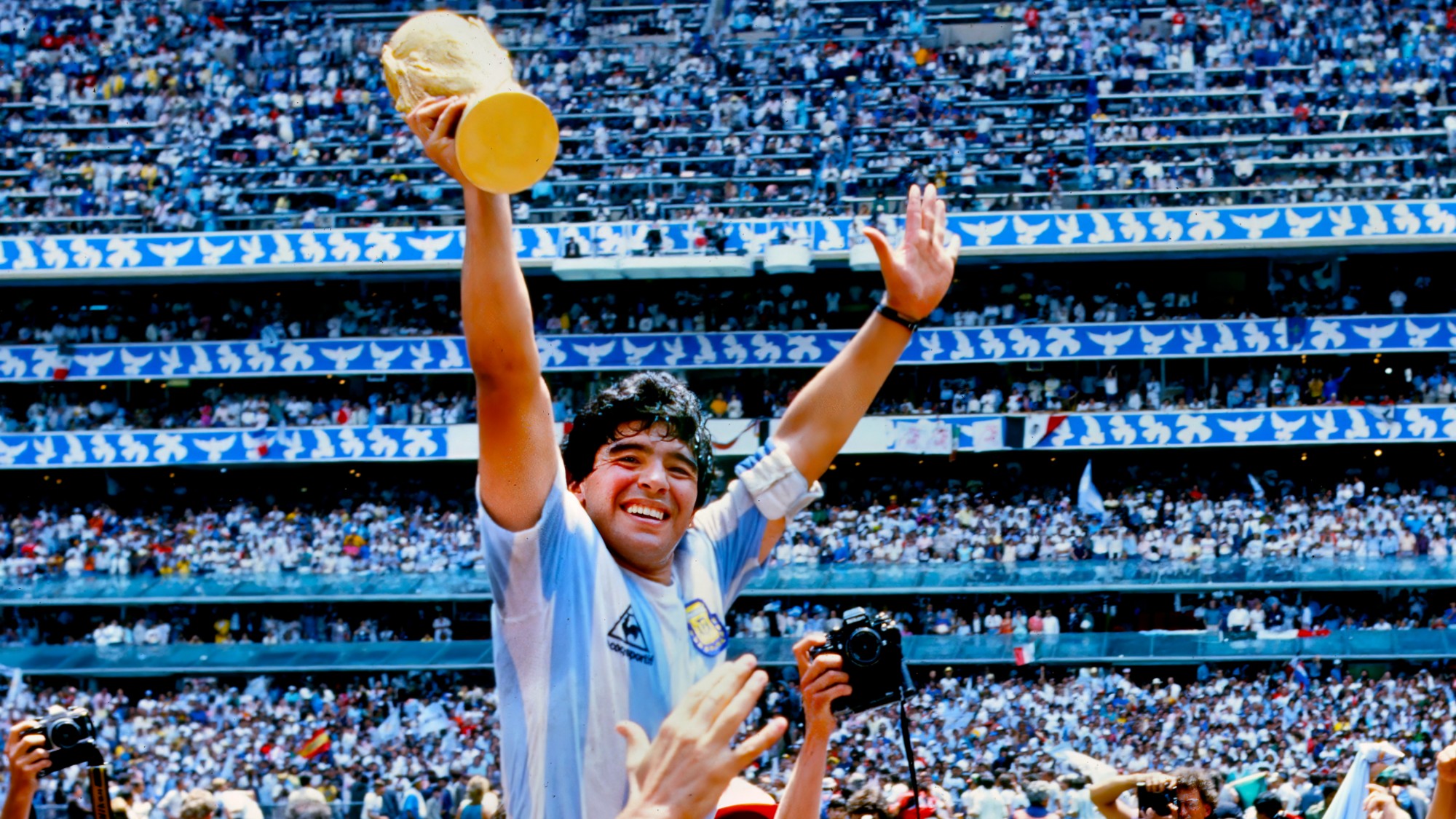 Five years after his death, Diego Maradona’s family demand justice
Five years after his death, Diego Maradona’s family demand justiceIn the Spotlight Argentine football legend’s medical team accused of negligent homicide and will stand trial – again – next year
-
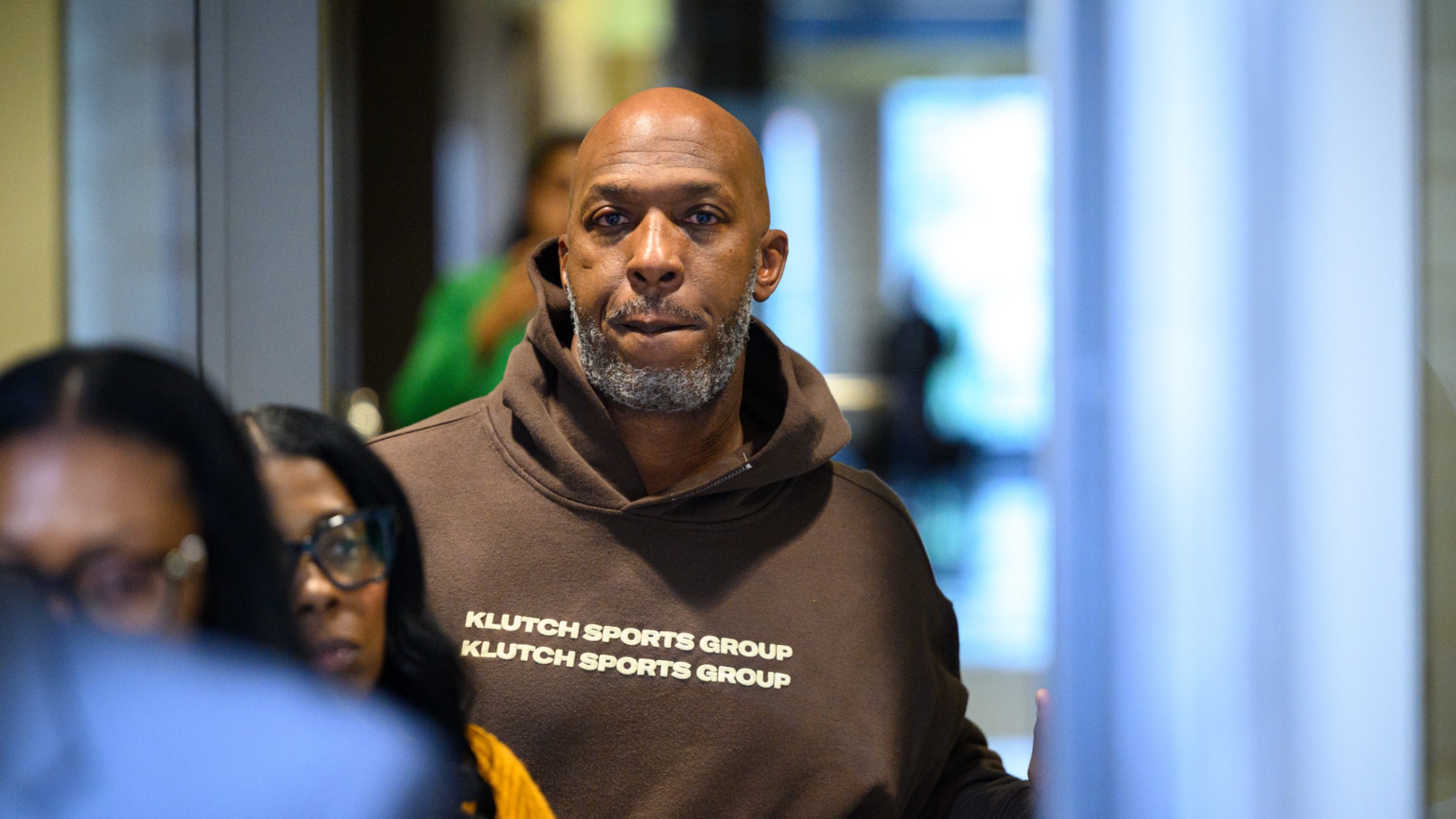 The biggest sports betting scandals in history
The biggest sports betting scandals in historyIn Depth The recent indictments of professional athletes were the latest in a long line of scandals